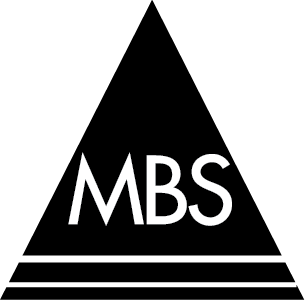From StuderGroup’s Blog

03
Friday
Aug 2012

What’s Your “What”?
Tags
Communication
Evidence-Based Leadership
Management By Strengths MBS
MBTI
Myers-Briggs Type Indicator
Professional Development
Studer Education
Studer Group
Teacher
Team Development
What’s Your “What”?
We bet you’re an INTJ…” was the first thing I heard when walking down the hallway one day at the university. My colleagues in social work offered this “diagnosis” while encouraging me to grab one of the blank Myers-Briggs Type Indicator®
(MBTI®) questionnaires and complete it. I did. I was. This was nearly 10 years ago during my first year as a college-level administrator. I had completed the MBTI® many years before that, probably as an undergraduate, but did not
really understand the impact of knowing my profile as an educator and administrator nor the impact of my colleagues knowing my profile.
At Studer Group one of the first actions for new employees is to complete the Management By Strengths (MBS) Survey. It is a measure of temperament and “supports open communication and more productive interaction” because the results
describe “This is the best way to work with me and I understand the best way to work with you” (MBS Website, 2012). We post our colors and scores in our office so that our colleagues can view them; we are also able to go online and
receive a comparison of two individuals and how best they would talk and interact, work with one another.
These are the key reasons for completing such self-assessments: to determine and then communicate the best way for individual employees and teams to communicate, interact, and work with one another (see both MBTI® and MBS).
In our work with teachers and leaders we call this determining What’s Your “What” so that leaders can best work with teachers and visa versa and teachers can best work with students and parents.
What Does This Mean for Leaders?
Most teachers come to work each day hoping that they can make a difference in their students’ lives. To make this happen leaders need to address each teachers’ “what.” Leaders must ask a teacher to tell them what his/her “what” is
and the teacher will most likely say – provide me with the best place to work and give me the development I need so I can be successful.
This is reinforced by our work in schools; for example, at one school’s Summer Institute yesterday we asked the teachers What’s Your “What” and their response was simply:
Effective teaching does not cost a lot of money and the return on investment for the money spent on our teachers is invaluable to students. In fact, effective teaching and increasing student learning is not about “silver bullet” programs and products. Just think what might happen if the funds spent on the “one new solution” were redirected to focus on the teachers’ “whats.” Teachers would be more satisfied with their work; students would be more satisfied with their learning; and parents would be more satisfied with their child’s education.

